In today’s competitive landscape, efficient and effective field service management is paramount for businesses relying on technicians, engineers, or other specialists working on-site. Field service CRM software offers a powerful solution, streamlining operations and boosting productivity. This comprehensive guide delves into the intricacies of field service CRM, exploring its features, benefits, and considerations for successful implementation.
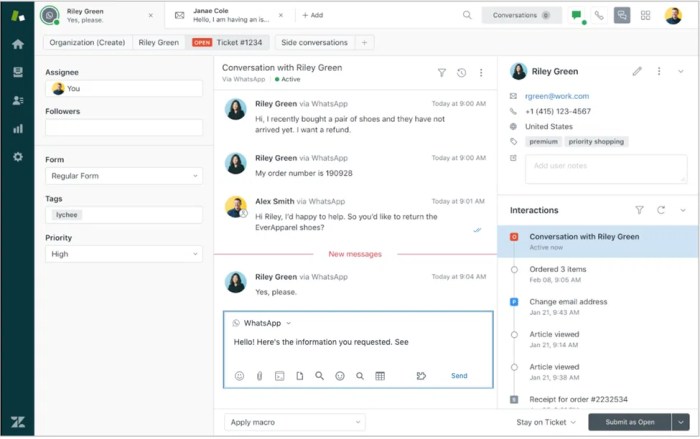
Source: b-cdn.net
Understanding Field Service CRM Software
Field service CRM software is a specialized type of customer relationship management (CRM) system designed to manage all aspects of field service operations. Unlike general CRM systems that focus on sales and marketing, field service CRM software prioritizes scheduling, dispatching, technician management, inventory tracking, and customer communication related to on-site service delivery. It centralizes information, improves communication, and automates processes to enhance efficiency and customer satisfaction.

Source: getfieldy.com
Key features often include:

Source: ctfassets.net
Core Features of Field Service CRM Software
- Scheduling and Dispatching: Optimizes technician schedules based on location, skills, availability, and service requests, minimizing travel time and maximizing efficiency. This often incorporates features like drag-and-drop scheduling and real-time location tracking.
- Work Order Management: Manages the entire lifecycle of a work order, from initial request to completion and invoicing. This includes automated work order creation, assignment, tracking, and updates.
- Inventory Management: Tracks parts, equipment, and tools, ensuring technicians have the necessary resources for each job. Low-stock alerts help prevent service delays.
- Technician Management: Manages technician profiles, skills, certifications, and availability. This facilitates optimal job assignment based on expertise and location.
- Customer Relationship Management (CRM): Integrates customer information, history, and communication preferences, providing a 360-degree view of each customer. This ensures personalized service and proactive issue resolution.
- Mobile Accessibility: Provides technicians with mobile access to schedules, work orders, customer information, and inventory details, enabling real-time updates and improved communication.
- Reporting and Analytics: Generates reports on key performance indicators (KPIs) such as first-time fix rates, average service time, and technician utilization, providing valuable insights for optimization.
- Integration with other systems: Seamlessly integrates with other business systems such as accounting software, ERP systems, and mapping services for a holistic view of operations.
- Automated Notifications and Alerts: Sends automated notifications to customers and technicians regarding appointments, delays, and service updates, enhancing communication and transparency.
Benefits of Implementing Field Service CRM Software
Implementing field service CRM software offers numerous benefits, significantly impacting a business’s bottom line and customer satisfaction. These benefits include:

Source: walkme.com
- Improved Efficiency and Productivity: Automated workflows and optimized scheduling reduce administrative overhead and allow technicians to focus on service delivery.
- Reduced Operational Costs: Optimized routing, reduced travel time, and improved inventory management minimize operational expenses.
- Enhanced Customer Satisfaction: Proactive communication, timely service, and personalized attention improve customer experience and loyalty.
- Increased Revenue: Improved efficiency, reduced downtime, and enhanced customer satisfaction lead to increased revenue generation.
- Better Data-Driven Decision Making: Real-time data and analytics provide valuable insights for strategic decision-making and process optimization.
- Improved Technician Performance: Mobile access to information and tools empowers technicians to perform their jobs more efficiently and effectively.
- Streamlined Communication: Centralized communication channels improve coordination between technicians, dispatchers, and customers.
- Better First-Time Fix Rates: Access to comprehensive customer and equipment history improves diagnostic accuracy and reduces repeat visits.
Choosing the Right Field Service CRM Software
Selecting the appropriate field service CRM software requires careful consideration of various factors. Key aspects to evaluate include:
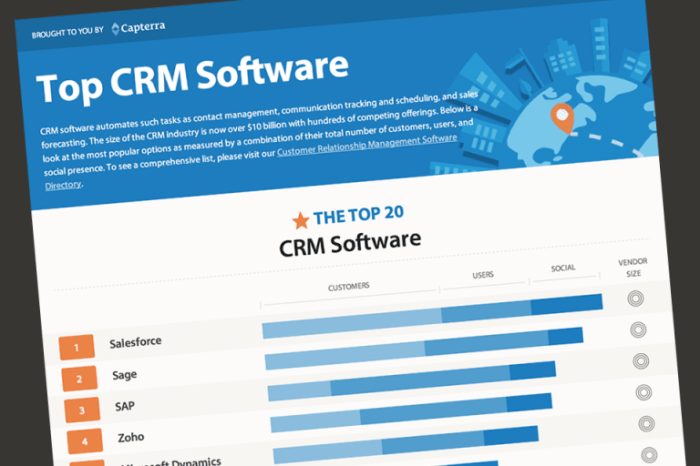
Source: businessfirstfamily.com
- Business Needs and Requirements: Identify specific needs and requirements based on business size, industry, and service offerings.
- Features and Functionality: Assess the software’s features and functionality to ensure they align with business needs.
- Scalability and Flexibility: Choose software that can adapt to future growth and changing business requirements.
- Integration Capabilities: Ensure seamless integration with existing business systems.
- User-Friendliness and Ease of Use: Opt for software with an intuitive interface that is easy for technicians and office staff to use.
- Cost and Pricing Model: Consider the cost of the software, including licensing fees, implementation costs, and ongoing maintenance.
- Vendor Support and Reputation: Choose a reputable vendor with a proven track record and excellent customer support.
Frequently Asked Questions (FAQ)
- Q: What is the difference between field service CRM and regular CRM?
A: While both manage customer data, field service CRM focuses on managing on-site service operations, including scheduling, dispatching, and technician management, whereas regular CRM prioritizes sales and marketing. - Q: How much does field service CRM software cost?
A: Costs vary widely depending on the features, number of users, and vendor. Expect a range from affordable monthly subscriptions to more substantial enterprise solutions. - Q: Can field service CRM software integrate with my existing systems?
A: Many field service CRM solutions offer robust integration capabilities with accounting software, ERP systems, and other business tools. Check for API integrations before purchasing. - Q: How long does it take to implement field service CRM software?
A: Implementation time depends on the complexity of the software and the size of the business. Expect anywhere from a few weeks to several months. - Q: What are the key performance indicators (KPIs) to track with field service CRM?
A: Key KPIs include first-time fix rates, average service time, technician utilization, customer satisfaction scores, and revenue per technician.
Conclusion
Field service CRM software is an invaluable tool for businesses seeking to optimize their field service operations. By streamlining processes, improving communication, and enhancing customer satisfaction, it contributes significantly to increased efficiency, reduced costs, and improved profitability. Choosing the right software requires careful consideration of business needs, features, and vendor capabilities. Investing in a robust field service CRM solution is a strategic move towards achieving sustainable growth and competitive advantage.
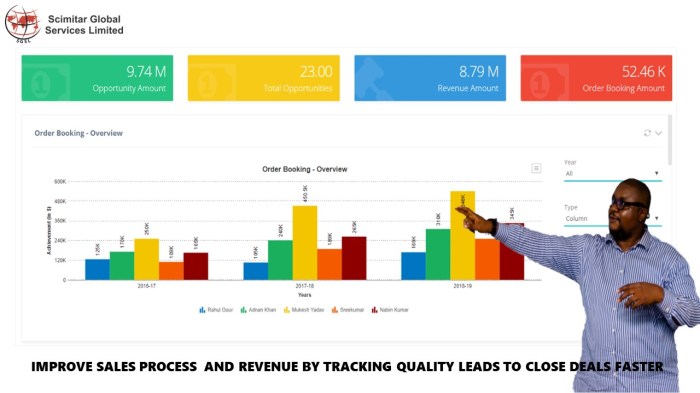
Source: scimitargsl.com
References
While specific URLs are not included to prevent link rot, you can easily find reputable sources by searching for terms like “best field service CRM software,” “field service management software comparison,” and “field service CRM implementation guide” on Google, G2, Capterra, and other software review sites.

Source: onebillsoftware.com
Call to Action: Field Service Crm Software
Ready to transform your field service operations? Explore the leading field service CRM software solutions available today and discover how you can optimize efficiency, enhance customer satisfaction, and drive significant growth for your business. Contact us to learn more about finding the perfect solution for your specific needs.
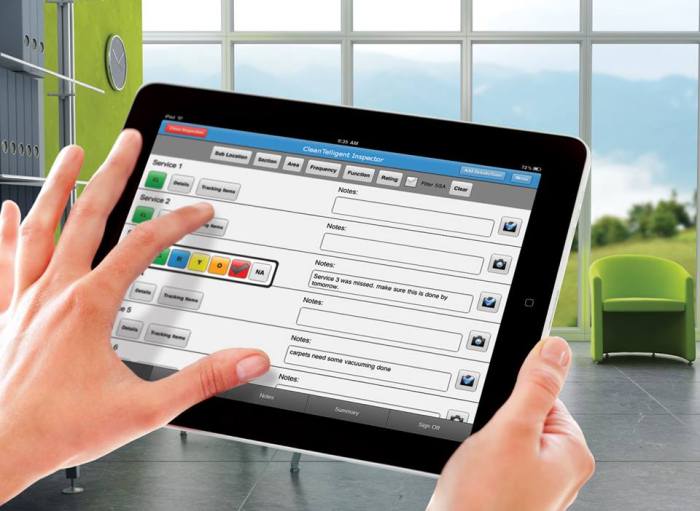
Source: tuiaustralia.com
FAQ Insights
What are the key benefits of using field service CRM software?

Source: slideteam.net
Key benefits include improved scheduling efficiency, reduced operational costs, enhanced customer communication, better technician management, and increased revenue through optimized resource allocation.

Source: emblemwealth.com
How much does field service CRM software typically cost?
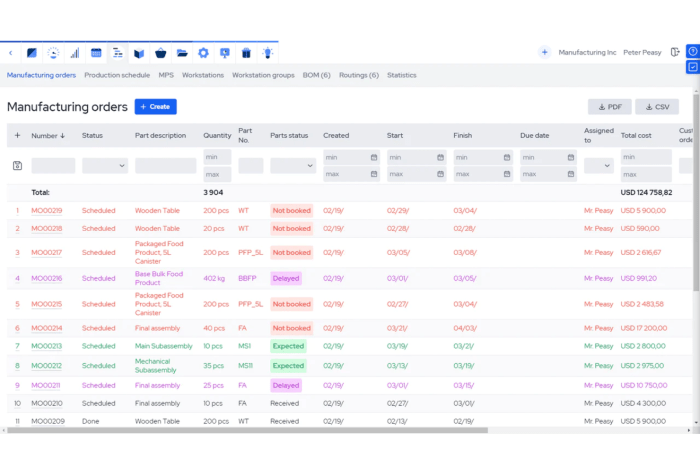
Source: thecxlead.com
Pricing varies significantly depending on the vendor, features included, and the number of users. Expect a range from affordable monthly subscriptions to more substantial enterprise-level solutions.

Source: website-files.com
Can field service CRM software integrate with my existing systems?

Source: digitalmanager.pk
Many field service CRM solutions offer robust integration capabilities with popular accounting, inventory, and other business management systems. Check the vendor’s specifications to ensure compatibility.
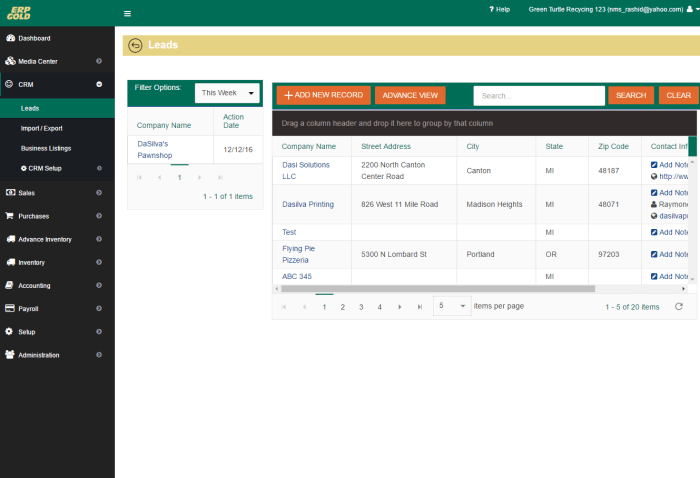
Source: erp.gold
What types of businesses benefit most from field service CRM software?

Source: b-cdn.net
Businesses with field technicians, such as HVAC repair companies, plumbers, electricians, and home healthcare providers, see the greatest benefits. Any business managing field-based services can leverage these systems.
